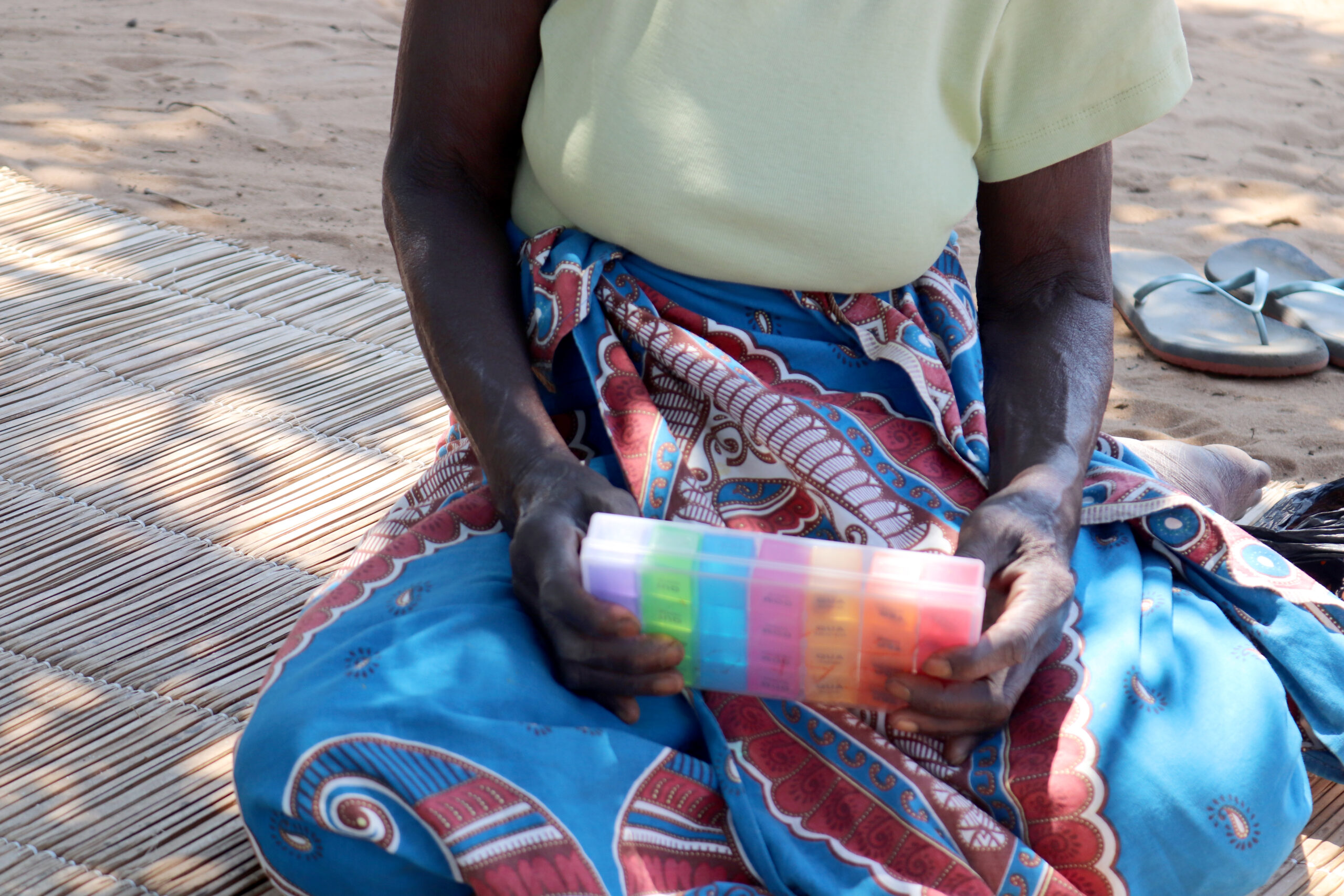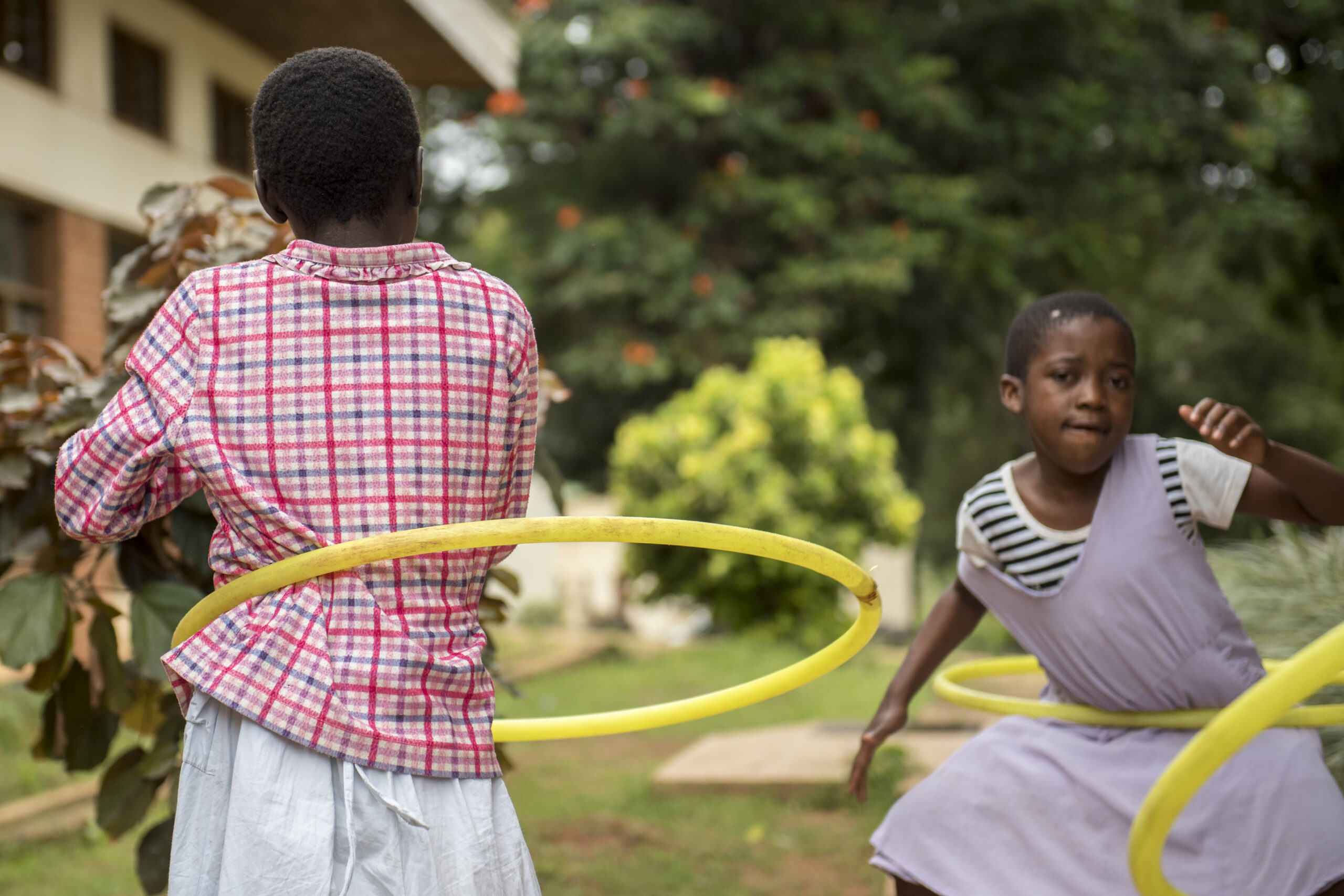Esmeralda is a five-year-old girl. Cheerful, restless, and with a hopeful gaze, she asks questions about everything she sees in the doctor’s office when she goes for a consultation at the Chaimite Health Center in Gaza Province. Anyone who sees her today would immediately think that she was always a strong and healthy child, but that was not always the case.
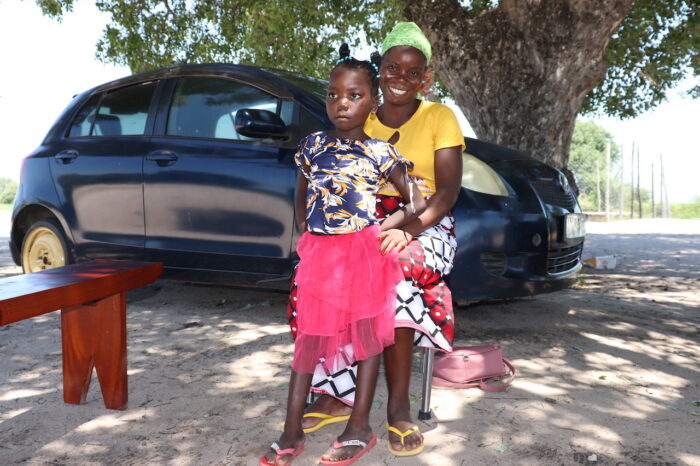
Esmeralda lived with her father, who was a miner; her two brothers; and her mother, Admira, who was diagnosed with HIV when she was five months pregnant.
When Esmeralda was born, in May 2017, she was immediately put on HIV prophylaxis. At one month, she was tested for HIV. Admira received the news with grace, but when she arrived home her husband refused to receive the medication, claiming that none of the children were sick because he was fine, and he threw the pills away.
Desperate, the mother returned to the health facility and reported the situation. The technician asked a mentor mother to accompany Admira home to sensitize the father. After some counseling, he accepted the diagnosis and allowed Esmeralda to start antiretroviral therapy (ART).
Sometime later, Esmeralda’s father passed away. Even with the pills, Esmeralda’s health worsened as her mother struggled to give her the medication consistently as she would to go to work in the fields. When she was away for work, Admira left Esmeralda with her sons, who had no experience with taking care of a child. Esmeralda’s health became increasingly fragile.
When Esmeralda was tested in February 2022, her viral load was dangerously high.
“Esmeralda and her mother came to the consultation, and I welcomed them with a hug, as was customary with all children,” says Muhlavasse David, the care and treatment focal point clinician with the Elizabeth Glaser Pediatric AIDS Foundation (EGPAF). At the consultation I asked about the reason for those results, and we found ways to overcome the situation [once again] through mentor mothers.”
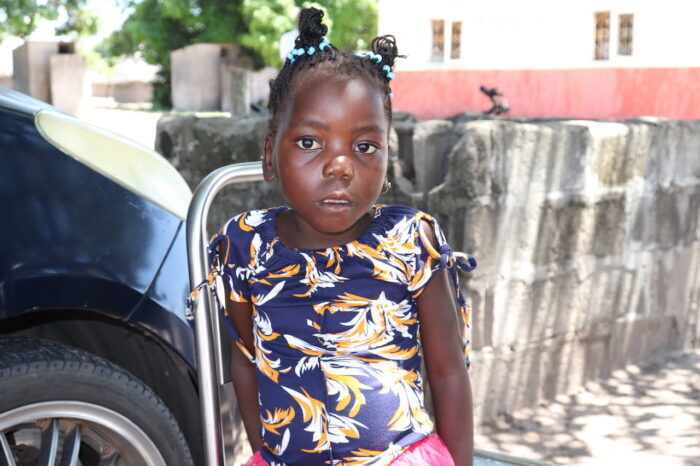
With this intervention, things started to improve. In March 2022, Esmeralda’s regimen was switched to a pediatric formulation of dolutegravir (pDTG 10mg), as per new Ministry of Health regulations. This is supported through the CHAI Optimal Project implemented by EGPAF through Unitaid funds.
Six months after starting dolutegravir, Esmeralda had another viral load test, and HIV was undetectable in her body.
“We celebrated the work done and to see her healthy and very happy,” says Muhlavasse.
Today, Esmeralda is attending first grade. Her mother is happy to see her daughter healthy and playing with her friends.
“In terms of health, I have nothing to complain about. My family is well, and my dream is to remain strong, to build a house, and educate and raise my children. I want to see Esmeralda grow and study,” says Admira.
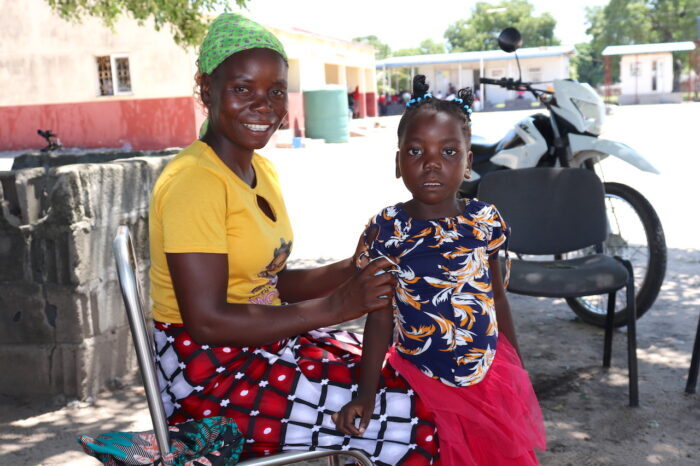
The main objective of the CHAI Optimal Project in Mozambique is to transition children to optimized formulations of pediatric antiretrovirals (ARVs). During its lifetime, the project implemented activities in 36 health facilities, 12 in Inhambane province and 24 in Gaza, including the Chaimite Health Center that assists Esmeralda. The project financed the training of health professionals in pediatric ART; provided technical support and clinical tutoring for children; and monitored the transition from lupinavir to Dolutegravir.


